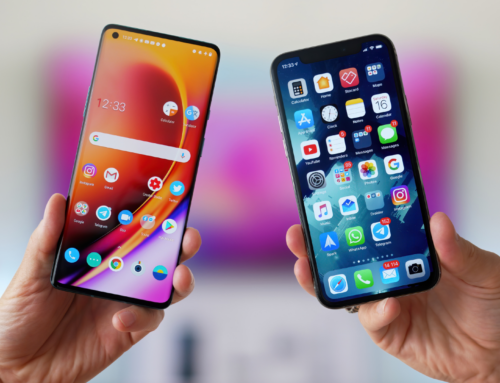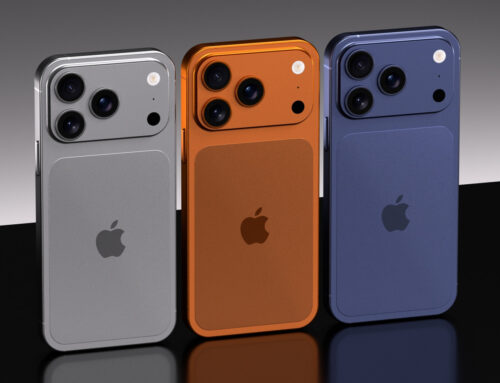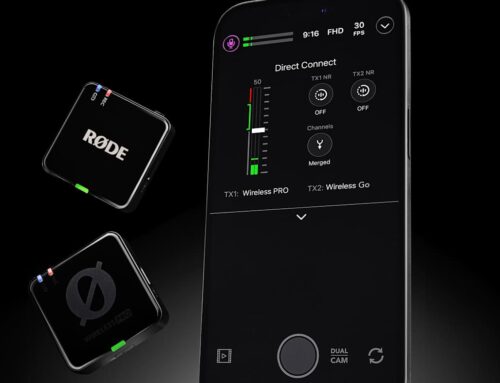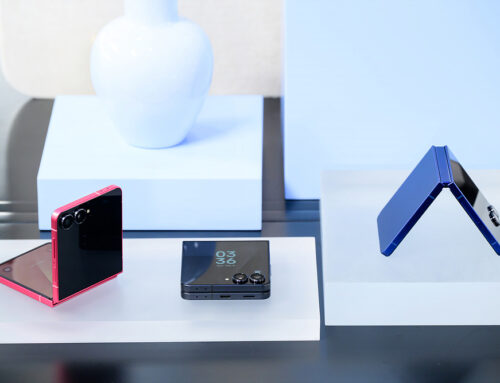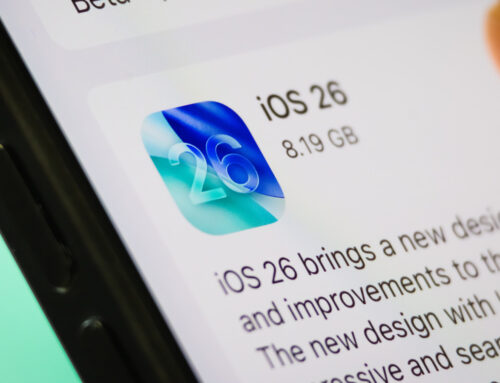One of the iPhone 14 Pro’s big new features is a big new camera sensor. For the first time, an iPhone has a high-resolution main camera sensor — 48 megapixels to be exact — and the best thing about it isn’t that you can take 48-megapixel photos. You can, sure, but RIP your phone’s storage space. Nope, one of this sensor’s best features is the 12 megapixels in the middle. Apple has added a 2x zoom mode to its camera app, and all it does is use the central portion of the main camera sensor to crop in and mimic the effect of a 48mm-equivalent telephoto lens. That’s it. Simple, but it’s actually kind of a big deal.
I wasn’t expecting to like the 2x zoom. For starters, it feels dangerously close to digital zoom. That’s when you zoom in on a portion of an image without the benefit of extra pixels or optics. Your phone essentially magnifies a portion of the full image, which reduces resolution. In order to get the image back up to the original resolution, it has to make some guesses about information that it’s missing, and things get watercolor-y fast.
This crop uses all 12 megapixels at the center of the sensor, so you’re getting a full-resolution image
Digital zoom has gotten better recently by using computational tricks to fill in the gaps, but even so, I’d rather stick with good old-fashioned optics. In any case, that’s not what Apple’s doing here — this crop to 2x uses all 12 megapixels at the center of the sensor, so you’re getting a full-resolution image, just without the pixel binning tricks that are available when the full width of the 48-megapixel sensor is used. It doesn’t need to fill in any missing information because it’s all just there.
One reason I was hesitant to use it is that this sensor is really designed for pixel binning. By default, it combines four pixels into one to increase light sensitivity and delivers a 12-megapixel image from that 48-megapixel sensor. The 2x crop loses the benefits of this design. That could mean a loss of dynamic range and color detail, and I hate missing out on stuff like that.
In reality, the difference in color and detail between the 2x crop and the full pixel-binned image is so small that I don’t see it unless I’m looking really closely, so there’s really not much of a tradeoff. Night sight photos do need more exposure time with the 2x crop, so the 1x lens is the better choice for moving subjects in dark conditions.
As it is, the 2x zoom is at its best in good lighting with relatively close subjects. If you’re shooting a landscape or something distant, the difference between the 1x main lens (a 24mm-equivalent on the 14 Pro) and 2x (two times 24 is… yep, 48mm-equivalent) is usually a bit less important. But for subjects in close quarters, especially portraits, I like it better than either the 1x or the 77mm-equivalent 3x lenses. Apple’s camera engineers must have figured that might be the case because they made it the new default focal length when you turn on portrait mode, and I think that was a very smart move. It’s a common belief among photographers that a 50mm lens has a field of view that’s similar to the human eye, so this has that going for it, too.
In portrait mode, the unzoomed main camera can feel a little too wide and the 3x lens can feel a little too tight. Say you’re taking a picture of someone sitting across a table from you. With the 3x lens, you’ll get a lovely view of their eyes and nostrils and not much else. At 1x, you’re getting a lot of your surroundings in the background. That can be really nice, too, but sometimes you want to put more focus on the person. That’s when 2x is the real Goldilocks option.
I’m also convinced that telephoto portrait mode photos — including this modest 2x telephoto — look better than if you used the iPhone 14’s main camera without punching in. With so much more in the background, 1x portraits sometimes have that cardboard cutout look that kind of ruins the illusion that you’re using a camera with a bigger sensor and lens.
1/3
The 2x crop mode is the kind of feature that’s interesting to nerds like me (and, I’m assuming, you — since you’re reading this) but will probably go unnoticed by most people. If Apple makes its 48-megapixel sensor standard in the next wave of iPhones, the 2x crop will just become the new normal view for portrait mode photos. Maybe people will notice that they don’t have to back away from their subject as much as with the 3x (the previous default), but mostly, they’ll probably just go on and take photos without thinking much about it.
And that’s great! That’s mobile photography at its best — using a lot of complicated processes that are all hidden from view to give you the best possible photo when you press the shutter button. Just bet on seeing a lot more of those mid-telephoto portrait mode photos in your social media feeds over the next few years. I know I’ll be posting plenty of them.



